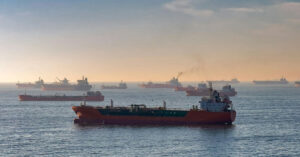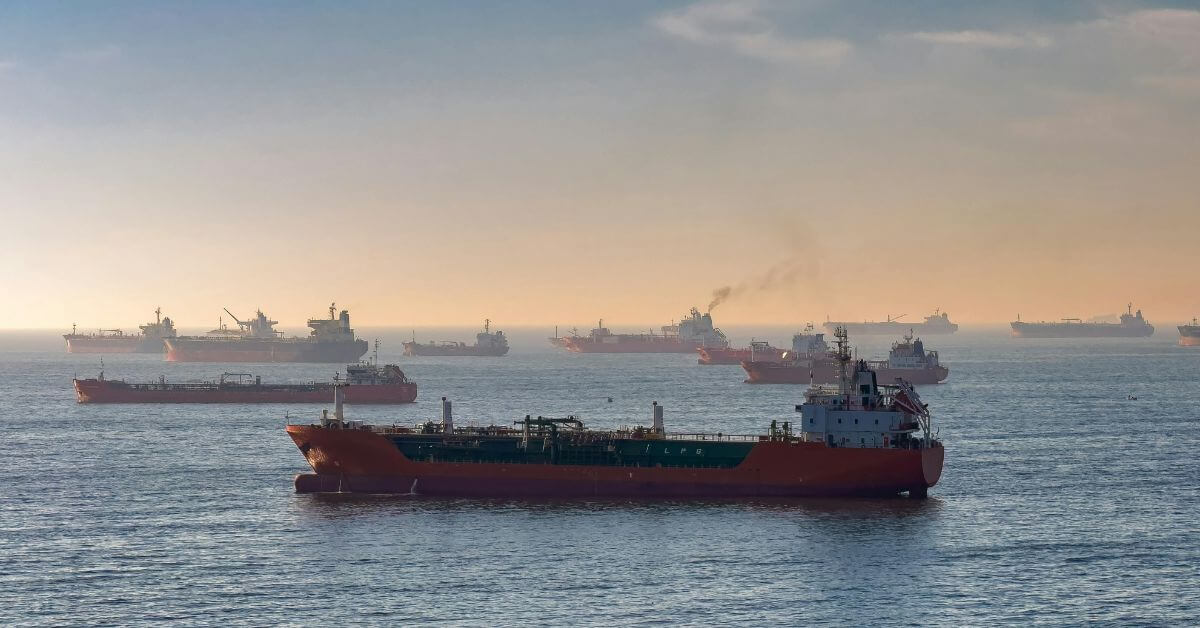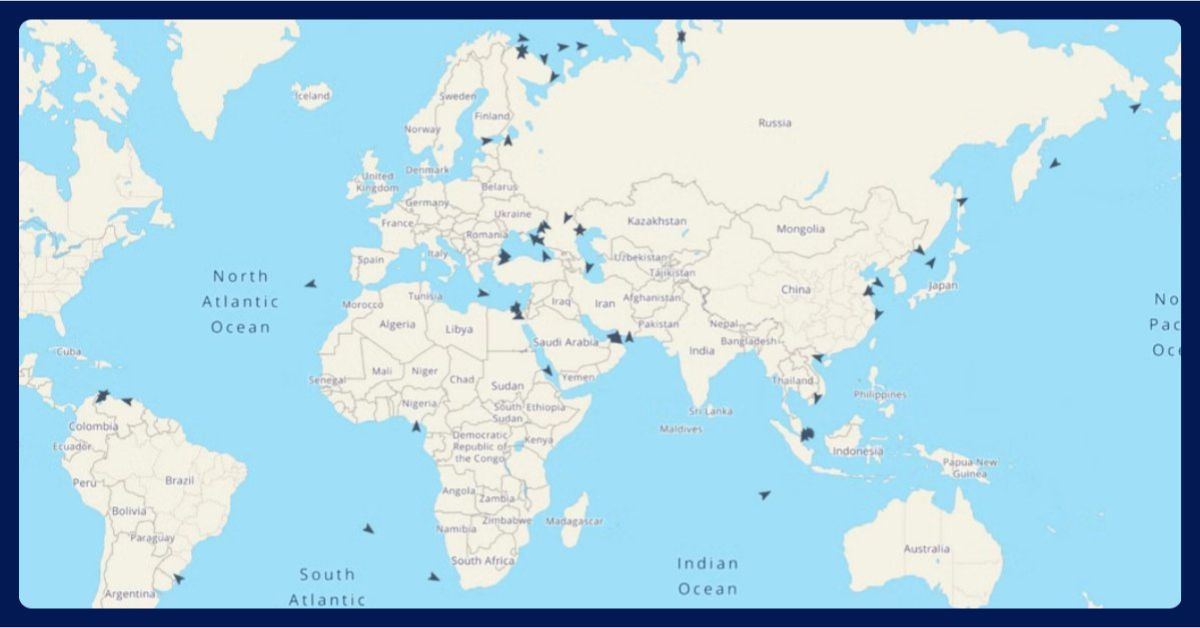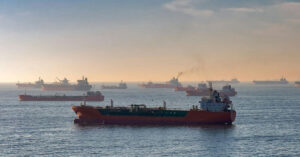
Ukraine Unveils Massive Underwater Drone TOLOKA To Target Russian Forces
September 23, 2025
Video: China’s Most Advanced Carrier Fujian Carries Out Catapult Launches For The First Time
September 23, 2025

The government of Comoros has begun a sweeping cleanup of its international ship registry, exposing more than 60 tankers, three liquefied petroleum gas (LPG) carriers, and one tug as falsely flying the Comoros flag. The action targets ships involved in smuggling Russian, Iranian, and Venezuelan oil to bypass sanctions.
According to the European Union’s Equasis database, these ships were confirmed by the International Maritime Organisation (IMO) to be not legally registered with Comoros, earning them the classification of “falsely flagged.” Most of these vessels had their false flag status backdated to May, with several added in July and August.
A maritime intelligence firm, Windward, found that nearly all Comoros-flagged ships operating under false flags are under U.S., EU, or U.K. sanctions and were involved in Russian, Iranian, or Venezuelan trade as of September 14.
Privately operated registries, like Comoros’, often help ships evade sanctions. Many of these older vessels lack proper technical oversight, posing safety, environmental, and crew welfare risks.
Flag governance has emerged as a critical tool to combat the “dark fleet,” a network of tankers evading international sanctions by switching flags.
Comoros, along with Gambia and Sierra Leone, has been a top provider of registry services for sanctioned vessels, particularly after other flags like Barbados, Gabon, Panama, and the Cook Islands expelled them. This has led to record levels of “flag hopping.”

Windward research from August showed that Comoros accounted for 38% of sanctioned dark fleet tonnage above 20,000 deadweight tons that were not falsely flagged, followed by Gambia, Cameroon, and Sierra Leone.
Overall, 57% of sanctioned tonnage is either falsely flagged or has an unknown flag. With over 60 more tankers now flagged falsely, these numbers are rising.
The Union of Comoros Maritime Administration operates the registry through a Ukrainian office, with additional offices in India, Bulgaria, UAE, and Greece since 2023. The government has signed multiple regional agreements with companies to run the registry.
Windward also identified 12 other fraudulent registries used by the dark fleet under flags like Angola, Aruba, Benin, Curacao, Eswatini, Guinea, Guyana, Mali, Malawi, Mozambique, St Maarten, and Timor Leste.
Western governments have been actively urging countries hosting permissive registries to remove sanctioned vessels from their fleets. Privately run registries are seen as a weak point in enforcing international sanctions.
The lack of oversight in these registries has enabled sanctioned ships to continue operations, threatening safety, environmental compliance, and crew welfare.
The Comoros purge is one of the largest recent crackdowns against false flagging.
Reference: Windward
Source: Maritime Shipping News


